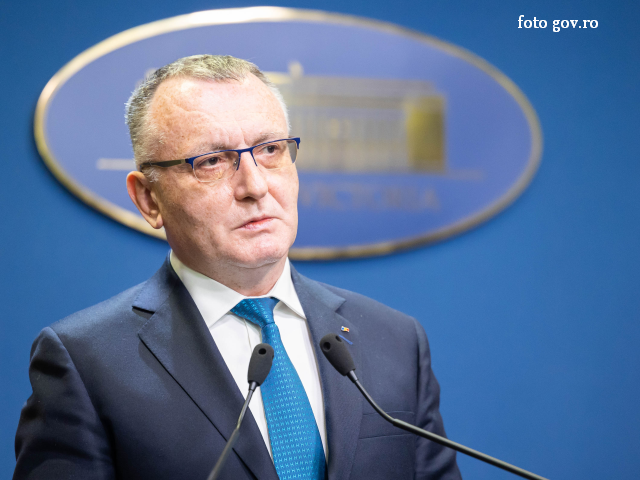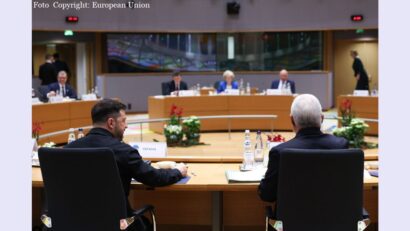The education law under review
Romania's public education system braces up for new changes

Bogdan Matei, 15.07.2022, 14:00
During the 32 years since Romania’s
anti-communist revolution, no other sector has been subject to so many, and
often so confusing, changes as public education. The country’s chronic
political instability brought at the top of the education ministry a long line
of characters eager to introduce innovations that would make them famous. They
were quickly replaced, so all they managed to do was to cancel the reforms
promoted by their predecessors.
Three decades of constant innovation
later, the results are evident. Both students and parents complain about the
sense of confusion caused by rules changing midgame. Romanians who can afford
it send their children to school abroad, and in turn the country’s brightest
graduates chose to leave the country.
There is no vocational education to speak
of, so it is increasingly difficult to find a good plumber or mechanic. Because
of the stress and low pay, the teaching profession is no longer attractive, so
the number of substitute teachers is growing, especially in the countryside and
in smaller towns. And relevant surveys converge with respect to the high rate
of functional illiteracy among Romanian school graduates.
In this rather dismal context, the
incumbent education minister Sorin Cîmpeanu, a Liberal Party member, announces
notable changes in the field, which, he claims, are likely to improve the situation.
National colleges, i.e. the best high
schools in the country, will be able to select 90% of their students by
organising their own admission exams. The remaining 10% of the students will be
selected based on candidates’ results in the national evaluation, a test that
middle school graduates must take at present.
Moreover, starting in 2024, the middle school grade average will no longer be taken into account in the high school
admission process, because, minister Cîmpeanu says, it has lost its relevance.
Changes are planned for the baccalaureate
exam as well, which will no longer be conditional on passing the optional
written test in a candidate’s major specialisation.
Access to a teaching career will also be
different, the education minister announced. Under the new law, a one-year
traineeship under a tutor’s guidance will be introduced, and tenure exams and
organisation will be changed.
The new education bill will be subject to public
review for a month, until August 17. And according to commentators, just like
many draft legislative acts put together by the Cabinet, this too will very
likely be amended substantially. (AMP)






























